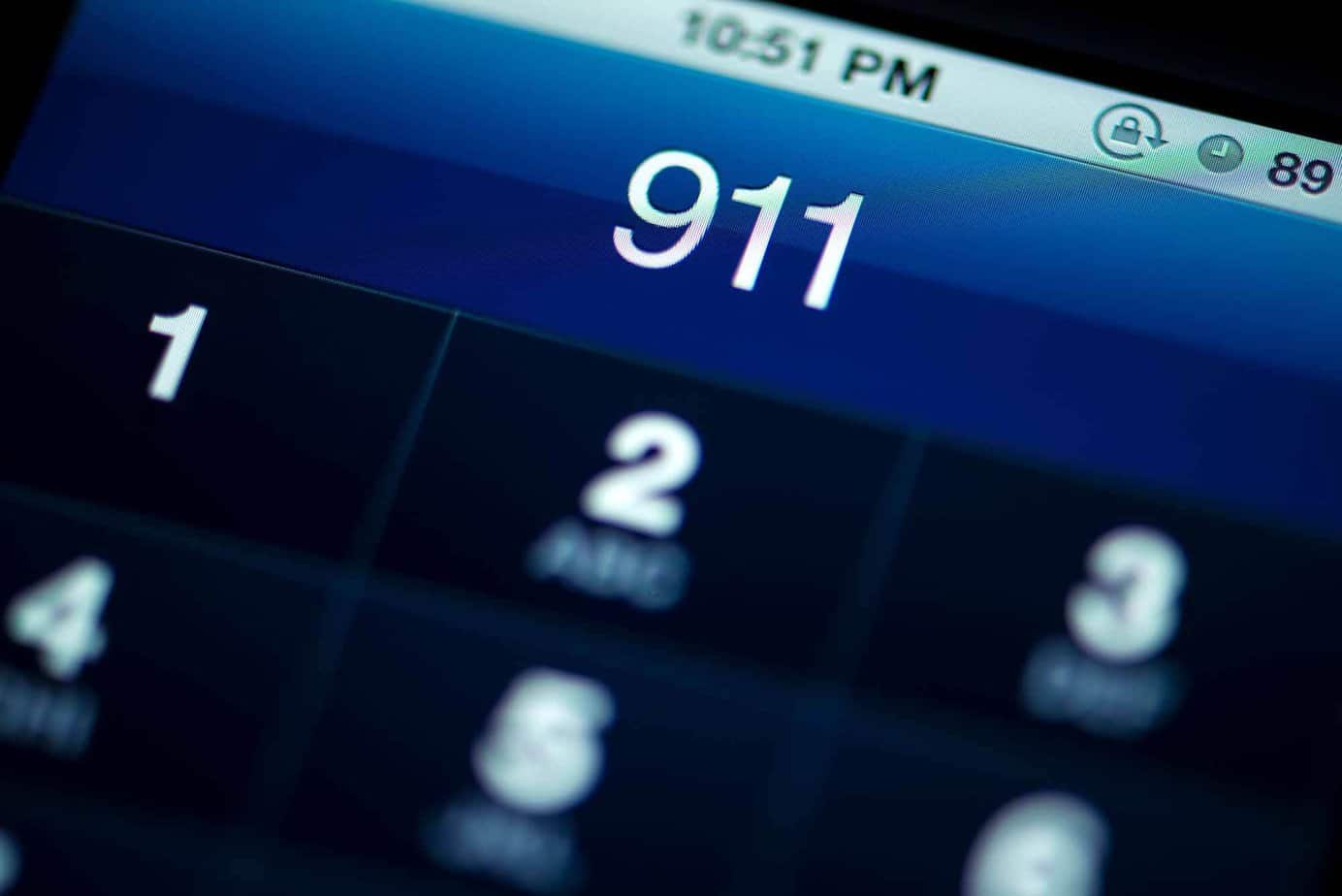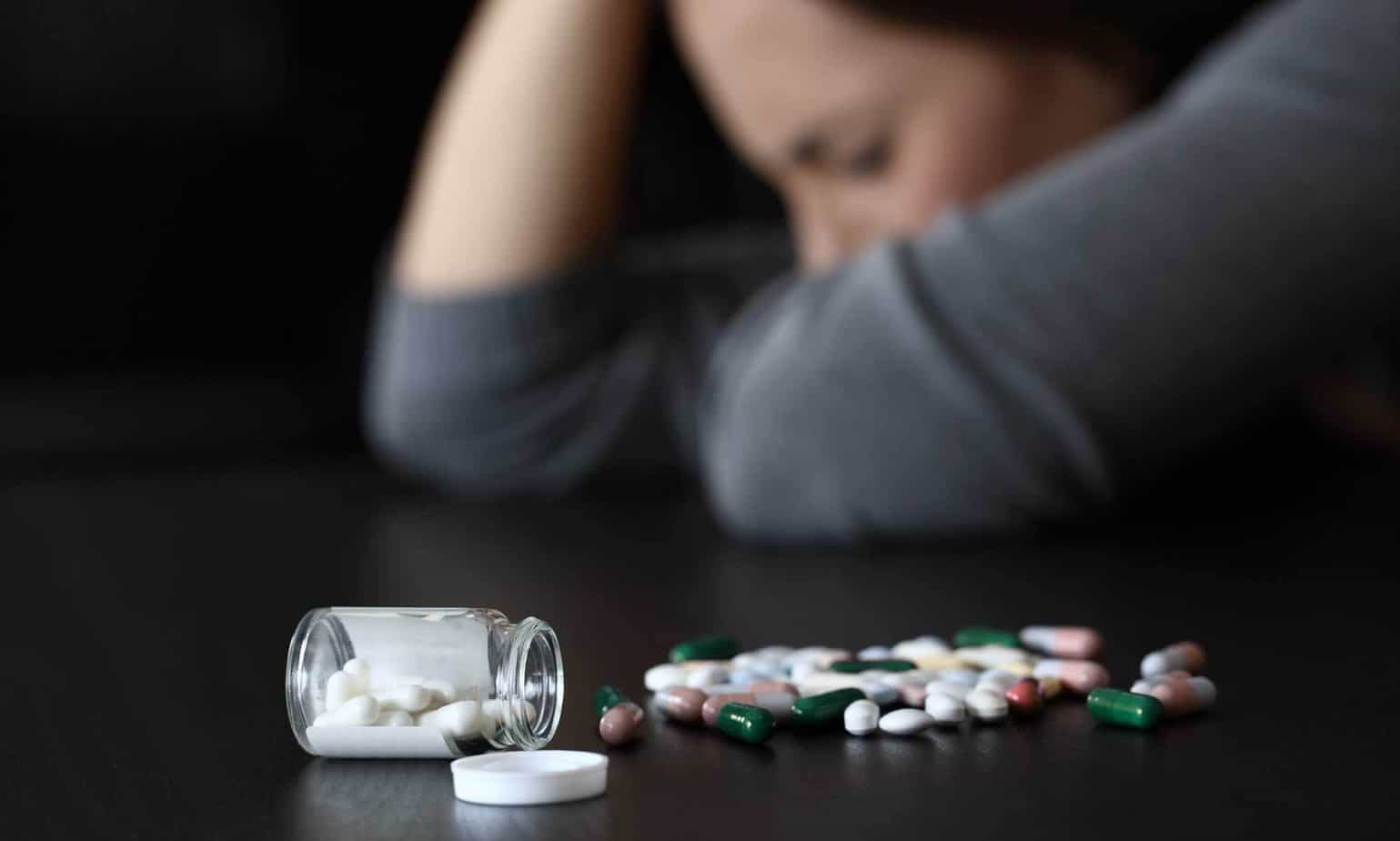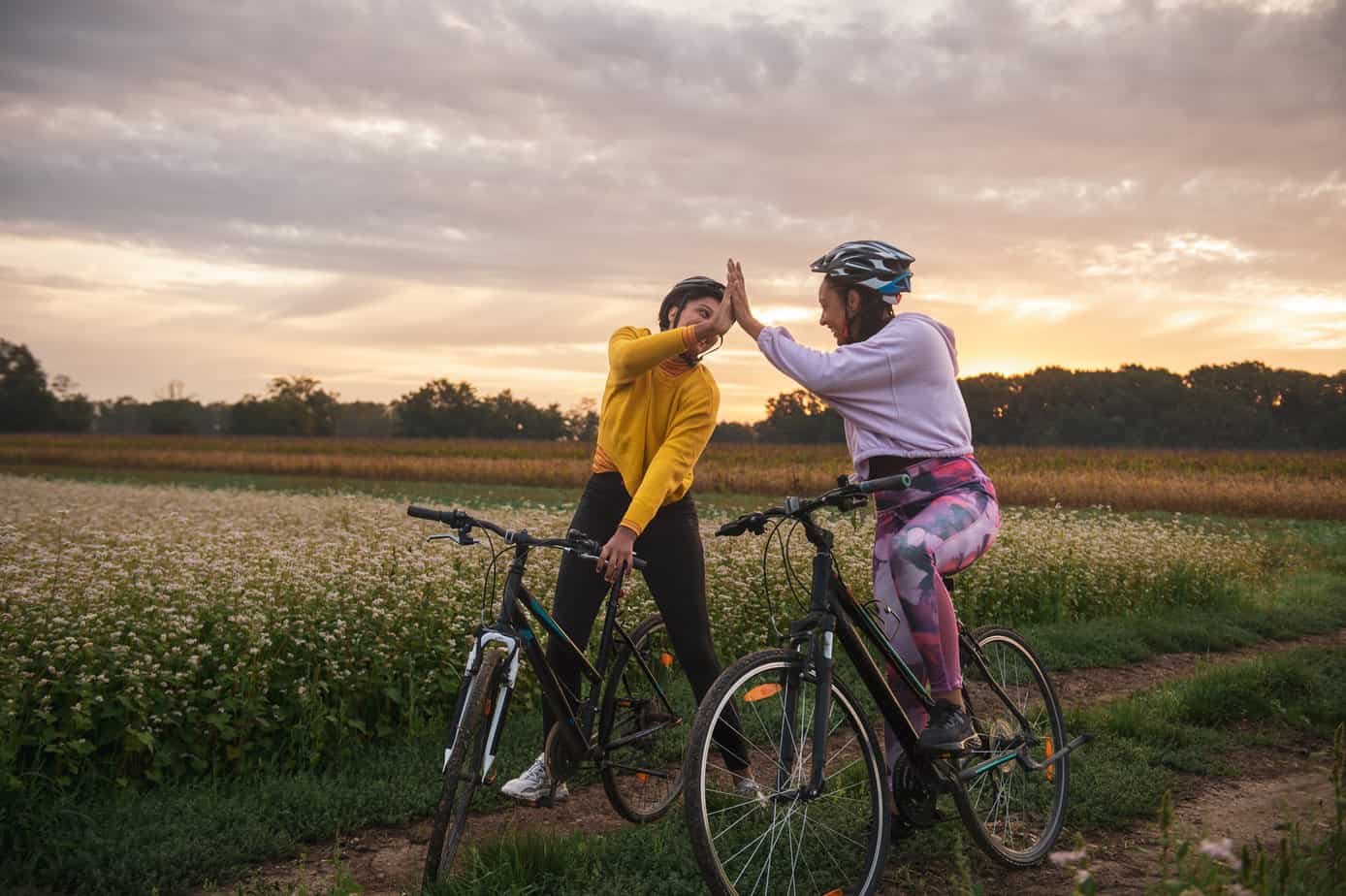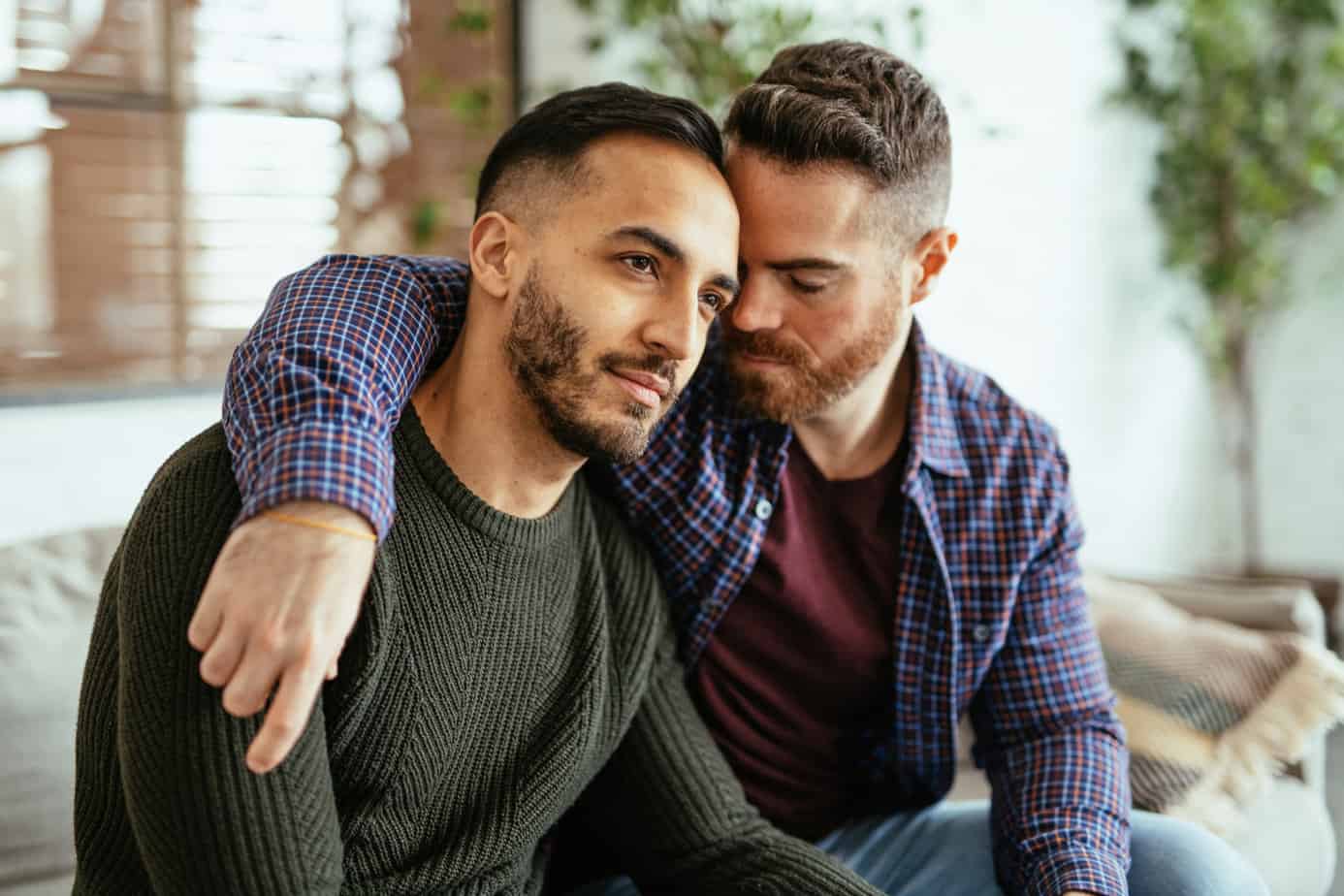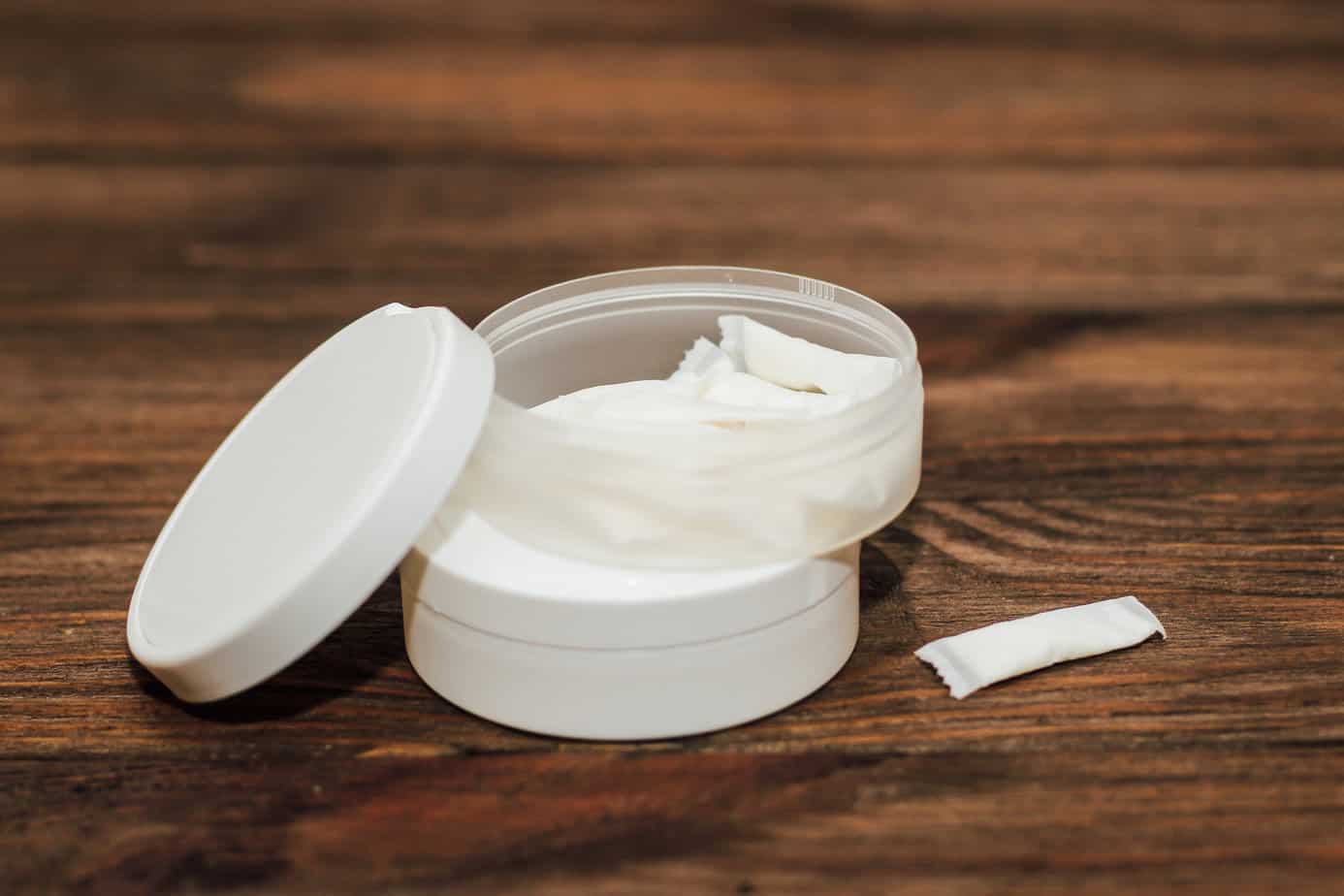What would you do if you’re driving and the car in front of you suddenly loses control and flips over? What would you do if your coworker grabs their chest and falls to the ground? What would you do if you badly injure yourself trying to complete a home project? You’d call 911. You would not hesitate for one second to get help. So why is it that when people experience or witness a drug overdose, they stop and debate on what they should do?
In the case of a drug overdose, as with many medical emergencies, a matter of minutes can make all the difference between life and death. Yet, many people delay calling 911, or sometimes don’t call at all. And it’s not just drug dealers or complete strangers who are hesitating to call ⎼ it is parents, friends, loved ones. It is the individual overdosing. Not because they don’t care, but because they’re afraid of the repercussions.
Family members worry that their loved one will be arrested, so they take the time to hide drugs, clean up the scene, and destroy paraphernalia before calling. While that might just delay assistance for a couple of minutes, those minutes could cost a life. Those using drugs are afraid of being arrested and the impact that such arrest could have on their lives. So, they take their chances and hope that they will “sleep it off” or “snap out of it.”
Unfortunately, that is rarely the case. Drug overdoses are now the leading cause of death among Americans under the age of 50. And data shows that medical emergency personnel is only called to the scene in half of the overdose cases. It is more important than ever to be able to recognize the signs of an overdose and to be informed about laws relating to drugs and addiction.
Many, particularly among the drug-using population, remain unaware of the 911 Good Samaritan Law, which was passed as an effort to reduce the number of deadly overdoses and encourage people to seek help. The law offers protection to the individual overdosing or any witness from being charged for being under the influence, possession, or having drug paraphernalia. It was first passed in New Mexico over a decade ago and has now been adopted by 40 states. The level of immunity offered by the 911 Good Samaritan Law varies by state but all do extend some level of protection.
While the law might not give you complete immunity in every case, you should always make the call. There may be some legal consequences to calling for help, but the consequence of not calling could be death. Do not take a chance on your life or someone else’s.
Learn more about what the 911 Good Samaritan Law means in your state of residency.
If you or a loved one is struggling with addiction, Mountainside can help.
Click here or call (888) 833-4676 to speak with one of our addiction treatment experts.

 By
By 